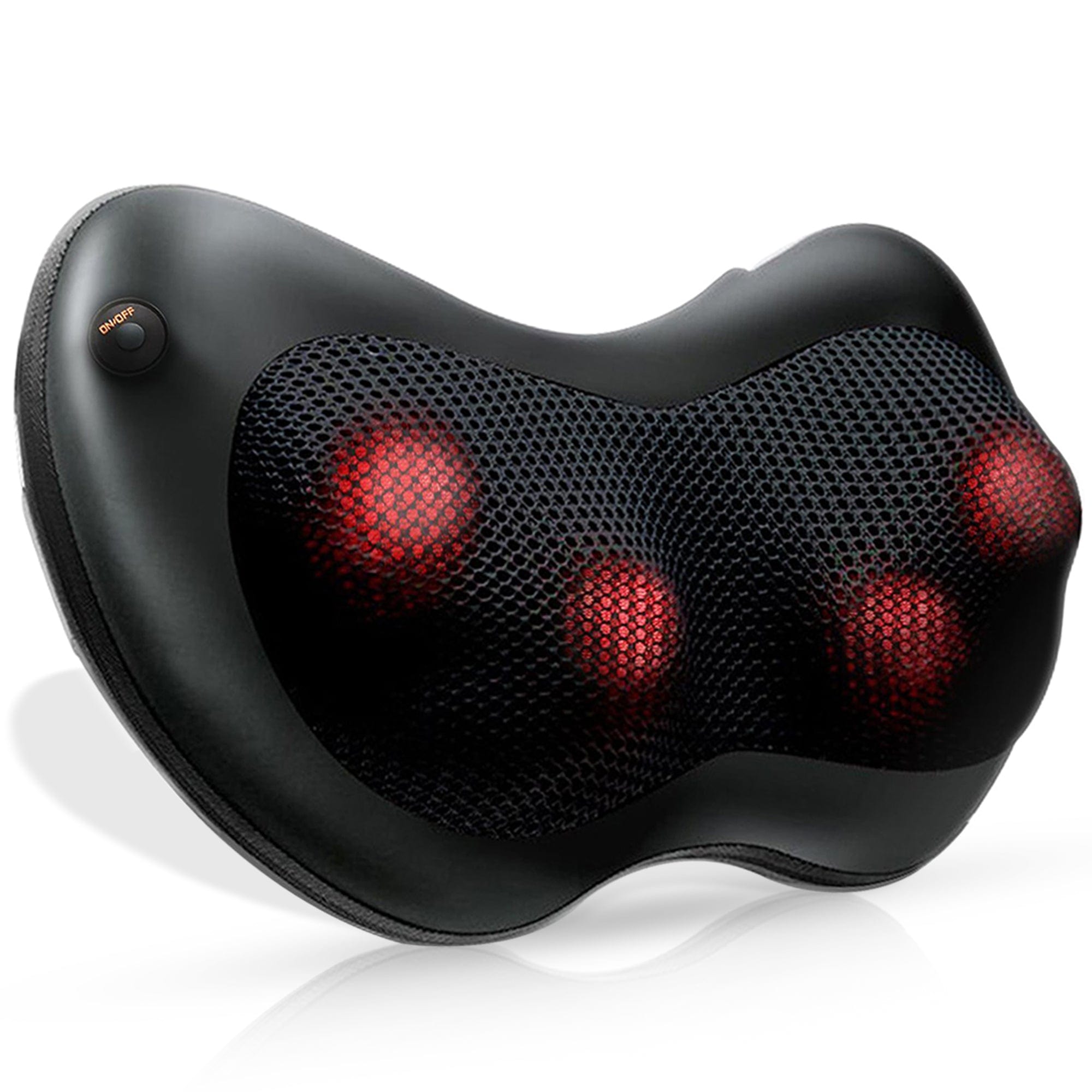Diabetes, one of the leading chronic diseases is taking a toll on the health of people across the world. It has become a significant global challenge as it starts affecting body organs like the heart, kidneys, and eyes by the time.

Diabetes occurrence affects the well-being of individuals and families. The long persistence of diabetes with frequent fluctuations in blood sugar levels can lead to many other serious health issues. In a nutshell, diabetes has affected the world adversely and become a serious concern for all nations.
How has diabetes affected the world? Know the facts & statistics about this rambling health crisis. Let’s take a look;

Source: The 10th Edition of the IDF Diabetes Atlas
What exactly is diabetes?
Yes, diabetes is a serious condition that should not be taken lightly. It occurs when your blood glucose level increases and the body stops producing insulin and using the produced insulin. If diabetes goes untreated, it can lead to coma, seizures, and other serious health conditions. However diagnosis of diabetes is not necessarily life-threatening always. You can lead a normal life by managing diabetes with diet and lifestyle changes. It also involves regular blood glucose testing which helps to keep blood sugar levels in a safe range.

Source: Google
Are you struggling with diabetes? Don’t worry, make diet and lifestyle changes suggested below and take a control of your diabetes.
Managing Diabetes Is Easier
With regular treatment, monitoring, and lifestyle changes, diabetes complications can be prevented easily. If you want to learn how to manage your diabetes (either type 1 or type 2), follow the tips shared below;
Disclaimer:
These tips are general guidelines that can help you take control of your overall health by managing your weight. But for effective results, you need to work closely with your doctor as there are different types of diabetes that affect every individual differently.
Eat Balanced Diet
Well, if you really want to manage your diabetes, start eating healthy items along with sticking to regular mealtimes. Your diet should be rich in nutrients and low in calories.
Carbs affect blood sugar levels so it is important to add only healthier carbohydrates to your meals. Examples- are brown rice, whole oats, fruit, pulses (chickpeas, beans, and lentils), vegetables, and dairy products (milk and yogurt, etc).
Eat less salt. Eating more salt increase the risk of cardio problems by increasing blood sugar level and diabetic people are already at risk of these conditions.

Add food items that are lower in calories, sugar, and fat. Citrus fruits like oranges are best known for providing potassium and fibre along with folate as they all help manage diabetes.
Beans are a great source of plant-based protein. They are excellent as they help reduce your blood sugar level by satisfying your appetite.
You should eat plenty of fruits, vegetables, and whole grains each day.
Check out here to know how much amount of carbs can help you control your diabetes.
Schedule Your Mealtime
Eating on time is another key step for better diabetes control. A daily routine of taking your meal will help you control your diabetes. Experts say, skipping breakfast may increase the risk for type 2 diabetes while the right timing of food and insulin intake can actually help you control the sugar levels.
Frequent Meals or Snacks
As a general rule, always minimize gaps and eat within a maximum of one and a half hours for optimal blood sugar control. Carry along low-calorie snacks while traveling or away from home for a long time. Cheese, boiled eggs, low-sugar yogurt, cucumbers, chicken salad, and whole grains are some of the good travel-friendly snacking options.
Know Your Portions
Get comfortable with tracking your diabetes diet! There are 3 common ways used for checking food intake- portion sizes measurement, calorie counting, and intuitive eating (making food choices that feel good for you). If measuring grams per meal by using a kitchen scale is not your thing, download the nutrition tracking app -Dr Trust 360 on your phone and say all your worries about how to plan your meals. Calorie counting with Dr Trust 360 app is the most accurate and easiest method to check exactly what you are eating on daily basis.
Get Active
If you are not walking, doing exercise, or doing other physical activities, it’s time to start. Start with small 10 minutes schedules of easy exercises and then gradually extend to 30 minutes sessions in a day. Physical exertion makes your body able to use blood sugar for energy and this lowers risks related to diabetes. It also helps lose weight and boosts the body's sensitivity to insulin.
Tracking Your Activity
Dr Trust 360 app is much more than a calorie counter app. It allows you to track your physical activities by recording blood sugar data using Dr Trust Glucometers. Be physically active as it will help lower your blood sugar. Physical activity also allows your body to use insulin better. Whenever you start your exercise routine, you need to use the app with Dr Trust fitness tracker.
Checking Your Blood Sugar Levels
Regular blood sugar monitoring is the next must to do toward diabetes control. This will also make you understand what makes fluctuations in your numbers. Undoubtedly, careful monitoring with a trustworthy glucometer helps you manage your blood sugar level within a safe range.
Don’t Stress Much
Practice yoga, meditation, and other de-stressing exercises to feel better. Talking and laughing with friends can help to minimize your stress level. Know your hobbies and enjoy more time with the people you love. Also, stop smoking and drinking to keep your blood sugar under control.
Read to know more about the foods that can help you de-stress yourself.
Avoid Eating
There are many foods to avoid. Cut down foods such as white bread, white rice, and highly-processed cereals as they have low fibre. Avoid processed meat as this could also be the main risk factor for type 2 diabetes. Full-fat dairy products, processed baked items, packed snacks, processed baked goods, white carbohydrates, and dried fruits. In order to know more detail about your foods and medications, you can talk to your doctor and nutritionist for adjustments in your medications and the diet that you are taking. Drink plenty of water instead of juice or soda.
At Last
Remember that, whether you have low or high blood sugar levels, both conditions can become health emergencies if not prevented. Prevent easily by being aware of your symptoms and conscious about your body changes and symptoms when fasting, exercising, and drinking alcohol. Also, look for other related symptoms like sweating, nervousness, confusion, nausea, and dizziness.














